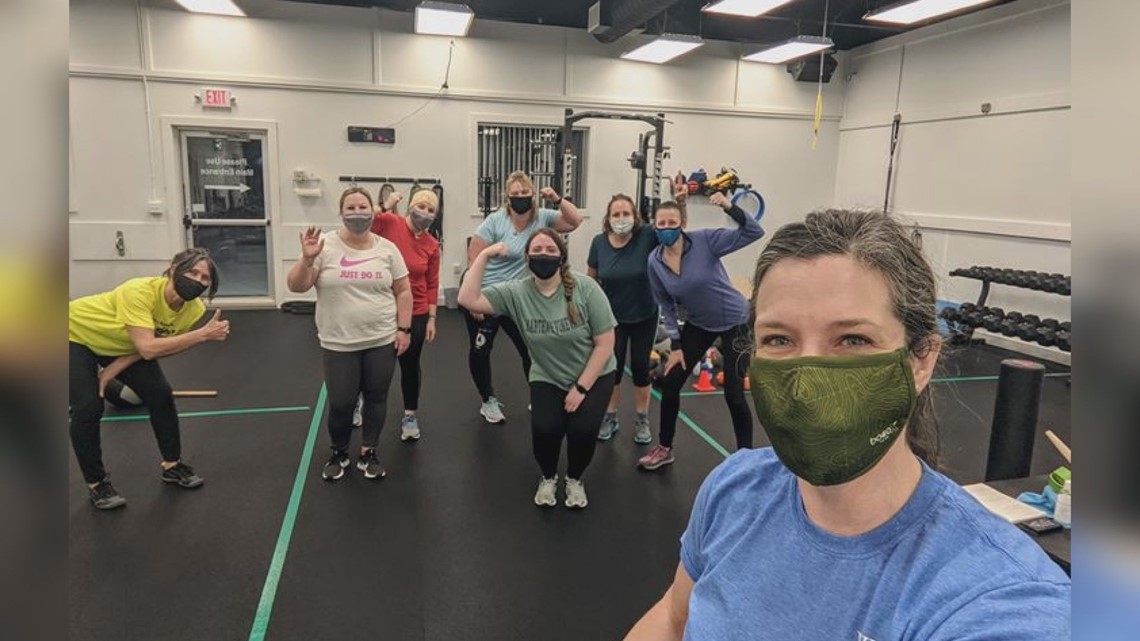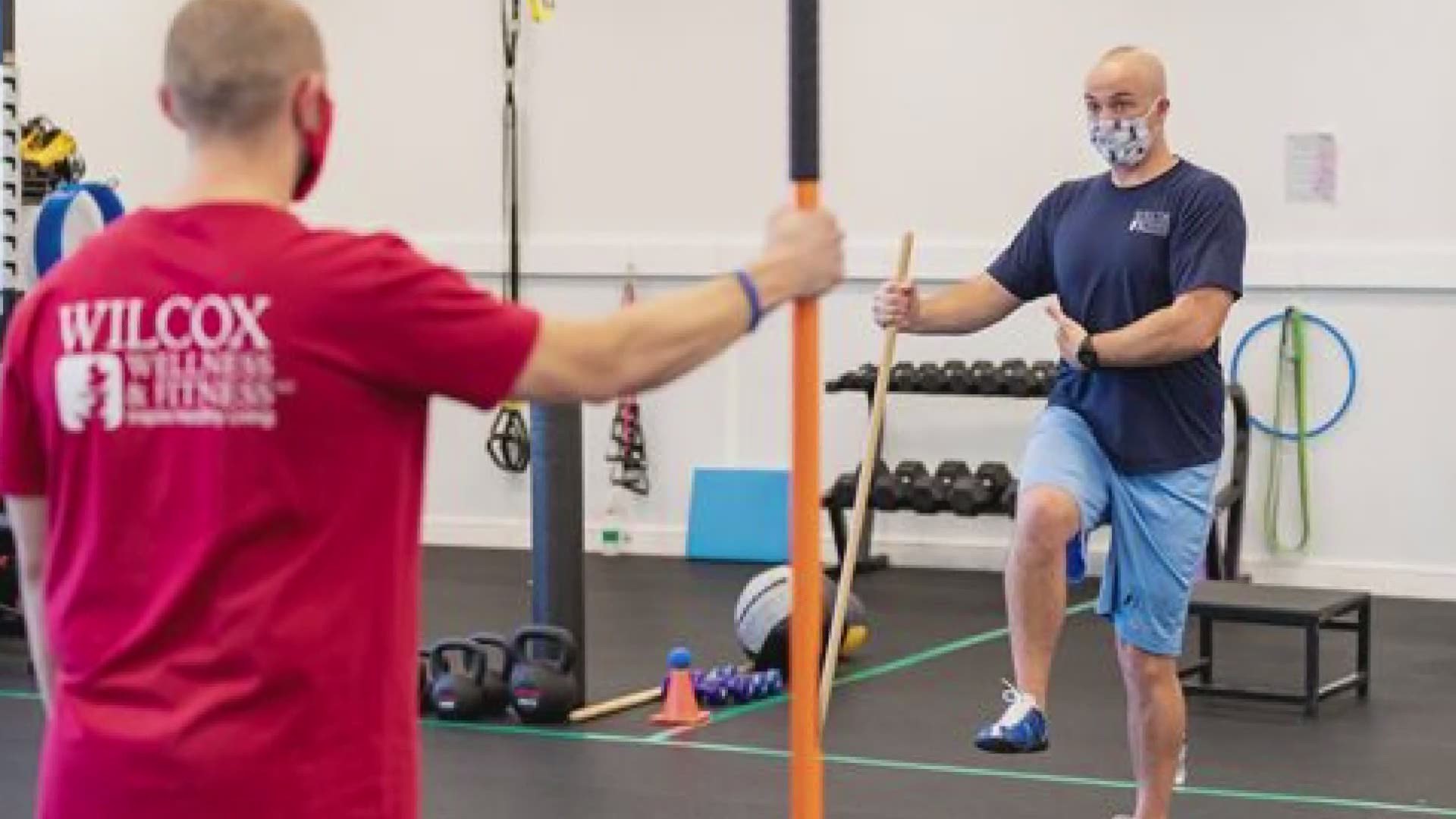MAINE, USA — This past year is one many Maine small businesses want to forget, but it will be impossible to do so.
The coronavirus pandemic has affected every industry in Maine, but some businesses were able to benefit from federal and state relief packages.
Maine Republican Sen. Susan Collins announced Wednesday that 4,666 small businesses have been approved for more than $350 million in Paycheck Protection Program (PPP) loans since the program started up again last month.
In a statement to NEWS CENTER Maine, Sen. Collins said:
"As the co-author of the Paycheck Protection Program, I have championed assistance for small businesses and their employees to help them get through the public health and economic crisis. I also supported extending the deadline for eligible small businesses to receive assistance through the Economic Injury Disaster Loan program. I am working to negotiate a compromise on a sixth COVID-19 relief package that builds on this relief. I will continue to advocate for the resources Maine small businesses need to operate while protecting their customers and employees."
But some businesses are falling through the cracks and can't apply for that loan program or other grants, “because they lack the historical financial information that is necessary to compare and demonstrate how they were impacted by COVID-19," Deb Neuman, President of the Bangor Region Chamber of Commerce said.
Businesses that opened in 2019 or 2020 may not be able to provide the proper information to show revenue loss caused by the pandemic.
Allison Hopkins is one of those business owners. She opened Willcock Wellness & Fitness's Brunswick location in January 2019.
“We closed on March 18," Hopkins recalled. "It was a Wednesday. I will forever remember that date."
As a new business owner, she said she hadn’t started taking an income yet.
"I was right on the edge of doing that in March when everything kind of turned upside down," she added.
So, Hopkins, like others in her position, immediately applied for the PPP loan and other grants. While she was able to get funding through the PPP, she was able to support her two employees but ran into other issues.
Hopkins said her monthly rent is three times more than her monthly payroll expense and added the loan wasn't as helpful as it was for other businesses.
More problems arrived when she applied to other grant programs.
“Because I haven’t been able to demonstrate those losses, I’m not eligible for any additional funding," she added.


Neuman and other Chamber leaders that make up the Maine Association of Chamber of Commerce Executives (MACCE) heard similar stories from multiple business owners and wrote a letter to members of the Maine Delegation and state lawmakers in support of these businesses.
“Things that may seem like they make sense on paper may not make sense in real life to certain people," Jessie Perkins, the Executive Director of the Bethel area Chamber of Commerce said. “But we still saw some businesses falling through the cracks.”
Perkins added that Maine has an advantage being a smaller state during the pandemic because it is easier to get in touch with representatives in Washington.
New businesses aren't the only ones falling through the cracks. Sheridy Olson has owned Destination Health in Bar Harbor for years but moved into a new building this summer.
"We're bringing in more revenue than we were last year, but our bills and our mortgage is ten times greater than it was," she said.
The health and fitness center added more services when it moved to the bigger space and Olson thought she would qualify for hospitality targeted relief. But her business was still classified as a gym.
Olson reached out to the Bar Harbor Chamber of Commerce for support and encourages any business owner in her position to do so.
Neuman and Perkins agree.
“Reach out for help, reach out for support, reach out, start with the chamber of commerce that’s what we’re here for," Neuman said.
“We can be that liaison, if we don’t have the answers, we can find them out for you," Perkins added. “If one person is speaking up, chances are dozens, or more are having the same problem.”
Collins wrote back to the MACCE with a promise of continuing to fight for more relief for newer small businesses in Maine. An expert from the letter reads:
"I will continue to provide (new businesses) with the resources they need to safely reopen while protecting their customers and employees."
Maine Independent Sen. Angus King has also been an advocate for financial aid to support Maine businesses.
An excerpt from a statement from spokesperson Matthew Felling:
“In addition, Senator King is a cosponsor of the New Business Preservation Act, which will establish programs to invest in young businesses in regions that do not typically attract start-up capital – including businesses founded by women and persons of color, in order to promote equity in the marketplace."
"In the days ahead, he will continue pushing for solutions that speed vaccine production and distribution so businesses and customers alike have the freedom to return to normal routines.”

